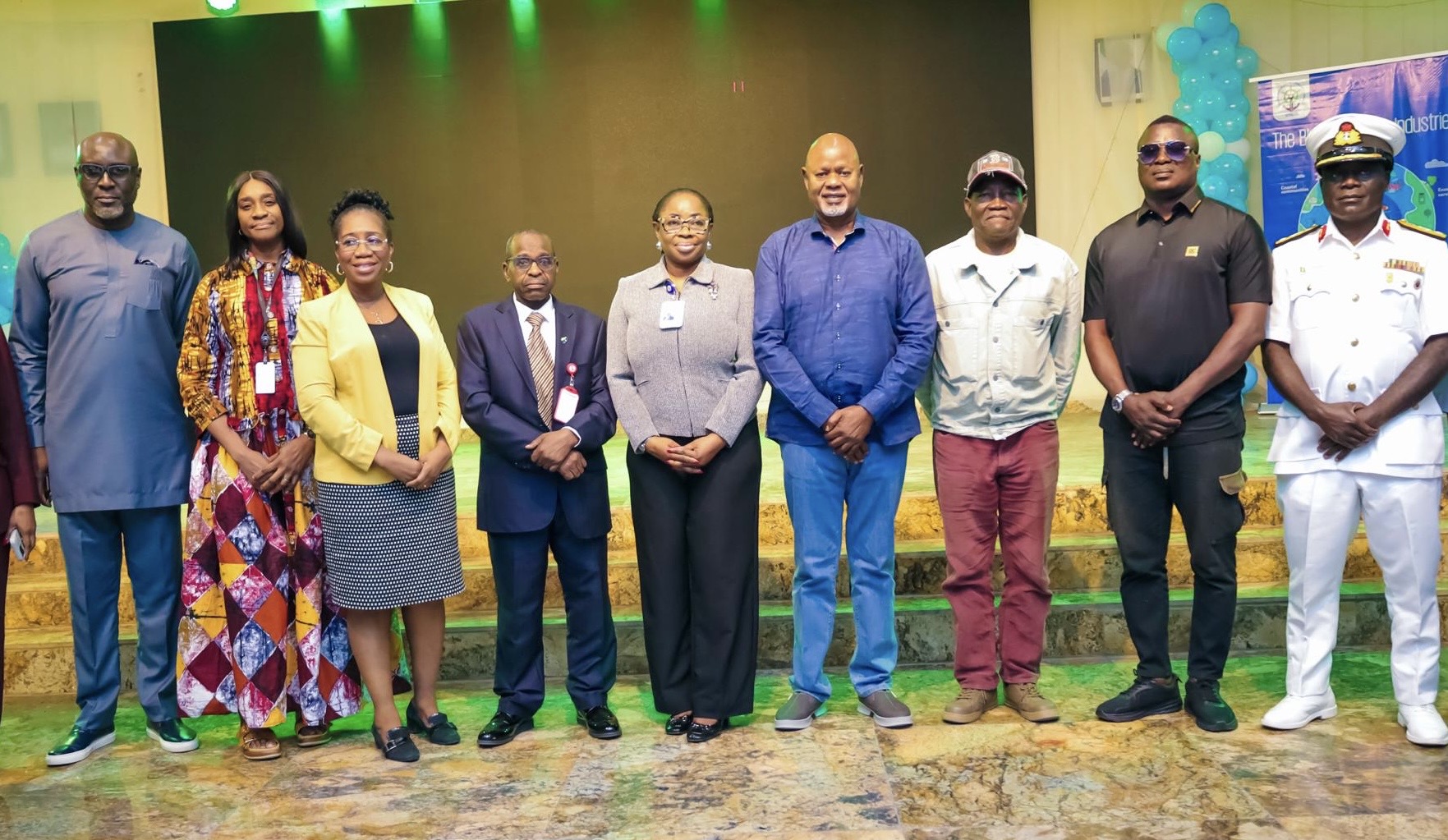By Emman Usman Shehu
In Nigeria’s National Assembly, a storm brews—not of policy breakthroughs or grand legislative triumphs, but of personal rivalries, procedural quagmires, and a nation’s unfulfilled industrial ambitions. At the heart of this tempest lies Senator Natasha Akpabio, a figure caught in a contentious suspension and recall saga, and the long-dormant Ajaokuta Steel Project, a symbol of Nigeria’s elusive economic transformation. This is not just a tale of political maneuvering or institutional dysfunction; it is a mirror held up to a democracy wrestling with its priorities—discipline versus representation, vendetta versus accountability, and personal ambition versus national renewal.
The Natasha controversy is a microcosm of Nigeria’s broader governance challenges. Supporters of the Senate leadership, led by Godswill Akpabio, argue that suspending a senator is a matter of upholding institutional integrity. A legislative body, they insist, must enforce discipline to maintain its credibility, ensuring that elected officials adhere to ethical standards. To them, Natasha’s suspension is not personal but procedural—a necessary defense of the Senate’s dignity. Yet her defenders see a darker motive: a calculated move to silence a vocal critic, cloaked in the guise of protocol. This clash of narratives—discipline versus vendetta—exposes a fault line in Nigeria’s democracy: when does institutional self-preservation undermine the very people it claims to serve?
For Natasha’s constituents in Kogi Central, the stakes are not abstract. They elected her to amplify their voices, to champion local development, and to hold power to account. Every day spent debating suspensions or recalls is a day diverted from addressing their needs—better schools, reliable healthcare, or the economic lifeline that projects like Ajaokuta could provide. If the Senate becomes a fortress of internal politics, prioritizing its own image over public service, it risks alienating the millions who cast ballots hoping for progress, not pageantry.
Amid this political theatre, the Ajaokuta Steel Project looms as a stark reminder of what Nigeria could achieve if it moved beyond petty feuds. Conceived in the 1970s as the cornerstone of the nation’s industrial aspirations, Ajaokuta was meant to diversify Nigeria’s oil-dependent economy, create millions of jobs, and foster a self-reliant manufacturing base. Yet, decades later, it remains a rusting monument to mismanagement, mired in corruption allegations and bureaucratic inertia. Its revival is not just a policy goal; it is a litmus test for Nigeria’s ability to prioritize national development over partisan squabbles.
Reviving Ajaokuta demands more than rhetoric—it requires a governance revolution. First, a clear ownership structure must be established, with independent oversight from civil society and anti-corruption watchdogs to ensure accountability. Second, the project needs transparent funding, with every naira traced from budget to execution, reassuring citizens and international partners that resources won’t vanish into opaque contracts. Third, Ajaokuta must deliver tangible milestones—feasibility studies, construction phases, and job creation targets—that Nigerians can track. Finally, it must prioritise local benefits, from skills training to supplier networks, ensuring that the project catalyses prosperity beyond the steel plant’s gates.
The Senate’s handling of Natasha’s case and Ajaokuta’s revival are not isolated issues; they are symptoms of a deeper malaise. Nigeria’s democracy thrives when its institutions balance power with purpose, discipline with dialogue. The Senate must reform its internal processes—clearer rules for suspensions, independent mediation for disputes, and transparent communication with constituents—to prevent personal rivalries from derailing public trust. Likewise, Ajaokuta’s revival demands a bipartisan commitment to insulate it from electoral cycles, treating it as a national imperative rather than a political bargaining chip.
Senate can let the Natasha saga and Ajaokuta’s stagnation define Nigeria’s democracy as a theater of egos and broken promises. Or it can seize this moment to renew its purpose, proving that its leaders can rise above feuds to deliver for the people. The choice is clear: reform or ruin. For a nation of 230 million dreamers, the cost of inaction is too high to bear.
Dr Shehu is an Abuja-based writer, activist and educator









